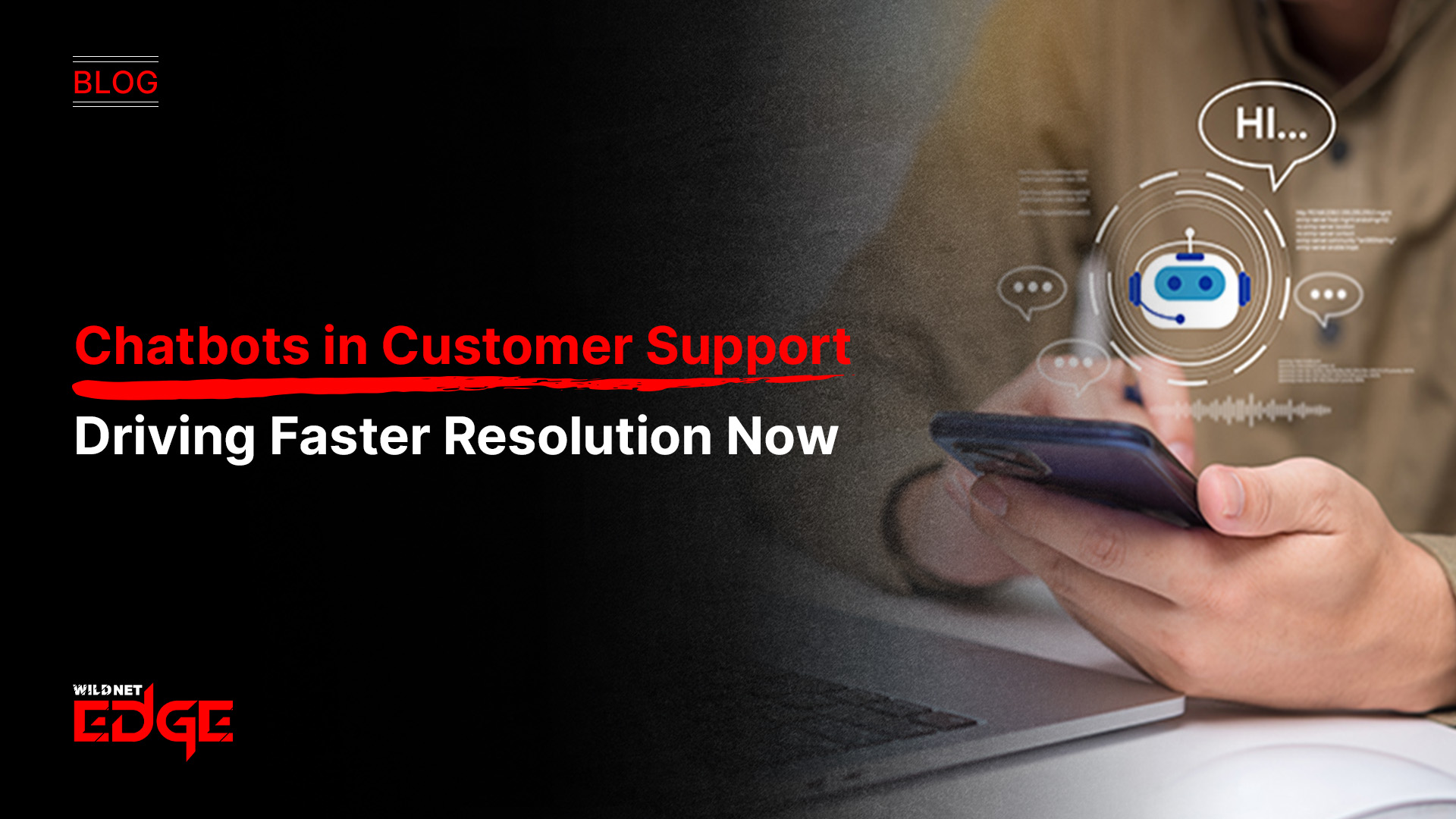Introduction:
Are you a startup founder struggling to turn your innovative idea into a viable product? In today’s fast-paced digital landscape, the pressure to launch quickly can feel overwhelming. But what if I told you that low-code software development could be your secret weapon? With low-code tools, you can build your MVP faster than ever before, freeing up time and resources to focus on what truly matters: your vision.
In this blog post, we will explore the significance of MVP development for startups, how low-code tools can streamline the process, essential platforms to consider, and the future trends that could shape your product launch. Let’s dive in!
The Importance of MVP Development for Startups
Creating a Minimum Viable Product (MVP) is crucial for startups for several reasons. First and foremost, an MVP allows you to validate your business idea quickly with minimal investment. By focusing on the core features that solve a specific problem, you can gather feedback from real users and make informed decisions about future development.
In the competitive startup ecosystem, time is of the essence. Developing an MVP helps you enter the market faster, enabling you to test your assumptions and pivot if necessary. This iterative approach reduces the risk of investing significant resources into a product that may not meet market needs.
Moreover, an MVP serves as a powerful tool for attracting investors. By demonstrating a working prototype and user engagement, you can showcase your startup’s potential and secure funding for further development. Ultimately, MVP development is about minimizing risk while maximizing learning, making it an essential step in the startup journey.
How Low-Code Tools Streamline the MVP Development Process
Low-code software development platforms are revolutionizing the way startups approach MVP development. These tools allow users to create applications with minimal coding, using visual interfaces and pre-built components. Here are some of the key advantages of using low-code platforms for MVP development:
- Speed: Low-code tools significantly reduce development time. With drag-and-drop functionality and reusable components, you can build your MVP in days instead of weeks or months. This rapid development cycle is crucial for startups looking to launch quickly and test their ideas.
- Cost-Effectiveness: Traditional software development can be expensive, requiring a team of skilled developers. Low-code platforms democratize the development process, allowing non-technical founders to create applications without heavy financial investment. This cost-saving aspect is particularly beneficial for startups operating on tight budgets.
- Ease of Use: Low-code platforms are designed to be user-friendly, making them accessible for individuals without a technical background. This ease of use enables founders to focus on their product vision rather than getting bogged down by complex coding requirements.
- Iterative Development: With low-code tools, making changes and updates to your MVP is straightforward. You can quickly iterate based on user feedback, ensuring that your product continuously evolves to meet market demands. This agility is vital for startups aiming to stay ahead of the competition.
In summary, low-code software development accelerates MVP development by providing a streamlined, cost-effective, and user-friendly approach. This allows startups to focus on their core mission while bringing their innovative ideas to life.
Essential Low-Code Platforms for Startup Product Launch
When it comes to selecting the right low-code platform for your MVP development, there are several options available. Here are some of the top low-code tools that can aid in your startup product launch:
1. Bubble
Bubble is a popular low-code platform that allows users to build fully functional web applications without any coding knowledge. With its intuitive drag-and-drop interface, you can create complex applications quickly. Bubble also offers a strong community and extensive documentation, making it an ideal choice for startups.
2. Adalo
Adalo focuses on mobile app development, enabling users to create native mobile applications with ease. It features a user-friendly interface and a variety of pre-built components, allowing you to design and launch your app rapidly. Adalo also supports integrations with various third-party services, enhancing your app’s functionality.
3. OutSystems
OutSystems is a robust low-code platform that caters to enterprises and startups alike. It provides a comprehensive set of tools for building scalable web and mobile applications. With features such as AI-assisted development and advanced security options, OutSystems is suitable for startups looking to build complex applications quickly.
4. Mendix
Mendix is another powerful low-code platform that emphasizes collaboration between business and IT teams. It allows users to create applications through visual development, making it accessible for non-technical users. Mendix also supports continuous delivery, enabling you to deploy updates seamlessly.
5. AppGyver
AppGyver is a versatile low-code platform that allows you to create applications for various platforms, including web and mobile. It offers a range of pre-built templates and components, making it easy to get started. AppGyver is particularly beneficial for startups looking to prototype their ideas quickly.
By leveraging these low-code platforms, startups can accelerate their MVP development process, ensuring a successful product launch while minimizing risks and costs.
Trends and Future of Low-Code Development in Startups
The low-code development landscape is constantly evolving, and several trends are shaping the future of MVP development for startups. Here are some key trends to watch:
- Increased Integration with AI: As artificial intelligence continues to advance, low-code platforms are beginning to incorporate AI capabilities. This integration can enhance the development process by automating repetitive tasks and providing intelligent suggestions, ultimately speeding up MVP creation.
- Focus on Collaboration: The future of low-code development will likely emphasize collaboration between technical and non-technical teams. As more business users become involved in the development process, low-code platforms will evolve to facilitate communication and streamline workflows.
- Customization and Flexibility: Startups are increasingly seeking more customizable solutions. Future low-code tools will likely offer greater flexibility, allowing users to tailor applications to their specific needs without extensive coding.
- Emphasis on Security: As cybersecurity concerns grow, low-code platforms will need to prioritize security features. Startups will demand tools that provide robust security measures to protect user data and ensure compliance with regulations.
To leverage these trends effectively, startups should stay informed about advancements in low-code technology and continuously explore new features that can enhance their MVP development process. By adopting an agile mindset and embracing innovative tools, you can position your startup for success in an ever-changing digital landscape.
Conclusion
In summary, low-code software development offers startups a powerful way to build MVPs quickly and efficiently. By leveraging these innovative tools, you can stay ahead of the competition and ensure a successful product launch. The ability to validate your ideas, iterate based on user feedback, and adapt to market demands is crucial for any startup looking to thrive.
For expert guidance and support in navigating the world of low-code solutions, look no further than WildnetEdge. Our team of experienced professionals can help you identify the best low-code tools for your unique needs, ensuring that you can focus on what matters most: bringing your vision to life.
FAQs
Q1: What is low-code software development?
Low-code software development allows users to create applications with minimal coding, using visual interfaces and pre-built components.
Q2: How does low-code impact MVP development?
Low-code accelerates MVP development by reducing the time and resources needed to build and iterate on a product.
Q3: What are the best low-code platforms for startups?
Some popular low-code platforms for startups include Bubble, Adalo, and OutSystems, each offering unique features for rapid development.
Q4: Can low-code tools help with scaling products after launch?
Yes, many low-code tools are scalable and can support the growth of your product post-launch, making updates and new features easier to implement.
Q5: Are low-code solutions suitable for non-technical founders?
Absolutely! Low-code platforms are designed with user-friendliness in mind, making them accessible for non-technical founders to build and manage their applications.

Nitin Agarwal is a veteran in custom software development. He is fascinated by how software can turn ideas into real-world solutions. With extensive experience designing scalable and efficient systems, he focuses on creating software that delivers tangible results. Nitin enjoys exploring emerging technologies, taking on challenging projects, and mentoring teams to bring ideas to life. He believes that good software is not just about code; it’s about understanding problems and creating value for users. For him, great software combines thoughtful design, clever engineering, and a clear understanding of the problems it’s meant to solve.
 sales@wildnetedge.com
sales@wildnetedge.com +1 (212) 901 8616
+1 (212) 901 8616 +1 (437) 225-7733
+1 (437) 225-7733















 ChatGPT Development & Enablement
ChatGPT Development & Enablement Hire AI & ChatGPT Experts
Hire AI & ChatGPT Experts ChatGPT Apps by Industry
ChatGPT Apps by Industry ChatGPT Blog
ChatGPT Blog ChatGPT Case study
ChatGPT Case study AI Development Services
AI Development Services Industry AI Solutions
Industry AI Solutions AI Consulting & Research
AI Consulting & Research Automation & Intelligence
Automation & Intelligence















